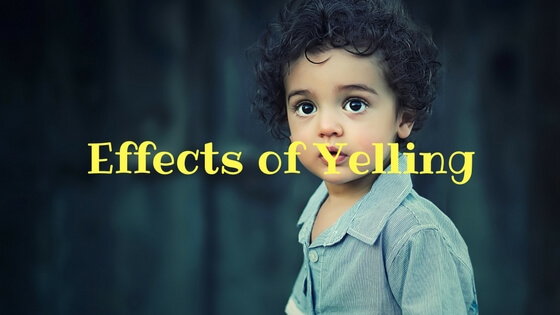
Effects of Yelling
Why does our throat hurt when we yell? It’s because we are not meant to yell. But, because of our tendencies, we lose control and just do it anyway.
It’s normal to get frustrated with your children, especially if they are misbehaving.
But the way you express this frustration and deal with the situation can have major implications for their personality development and their long-term health.
Here are a Few Ways in Which Yelling Affects Your Children.
1. Child’s Brain Develops
Yelling and other harsh parenting techniques can quite literally change the way your child’s brain develops.
That’s because humans process negative information and events more quickly and thoroughly than good ones.
The experiences we have growing up shape us in many ways, some of which we may not even realize.
Stress in childhood from a verbally abusive parent can increase a child’s risk for certain health problems as an adult.
You might think that yelling at your kids can solve a problem at the moment or can prevent them from behaving badly in the future.
But research shows that it could actually be creating more issues in the long run. Yelling can actually make your child’s behavior even worse. Which means you have to yell more to try to correct it and the cycle continues.
2. Developing Friendships
Many children who are yelled at become fearful. A timid kid might react to shouting by wincing, shaking or hiding.
A long-term fearful attitude is likely to develop if the shouting abuse continues for months or years. This timidity can cause children to struggle with developing friendships.
It can also impair their ability to deal with conflicts so that they withdraw from these difficult situations rather than effectively resolve them.
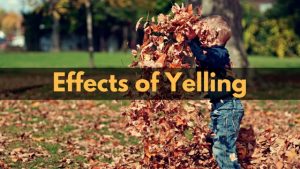
3. Negative Effect
Concentration problems are not unusual among children who have been yelled at over a long period of time.
Children who have learned to “tune out” shouting do so to temporarily defend themselves against the verbal assault.
This defense mechanism has a negative effect later, though, as problems with focusing develop.
This difficulty typically becomes an issue at school, especially in later grades where children are expected to concentrate for long periods of time.
Individual attention from teachers and tutors can often help improve focus on these kids.
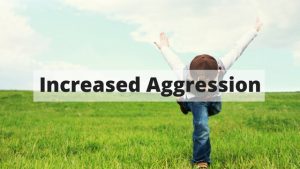
4. Increased Aggression
If yelling at children is not a good thing, yelling that comes with verbal putdowns and insults can be qualified as emotional abuse.
It’s been shown to have long-term effects, like anxiety, low self-esteem, and increased aggression.
It also makes children more susceptible to bullying since their understanding of healthy boundaries and self-respect are skewed.
Wind Up
It’s never too late to make a change in your parenting behavior or learn some new techniques.
If you notice yourself yelling a lot or losing your temper, ask for help.
A therapist or even another parent can help you sort through some of those feelings and develop a plan to deal with them in a healthier way.

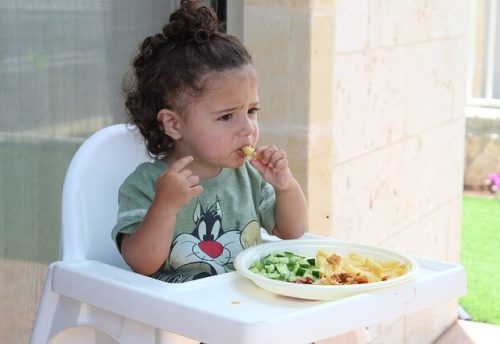

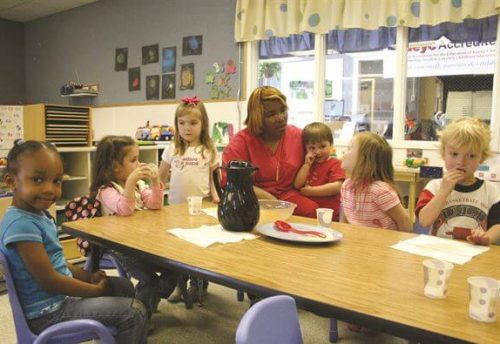

Leave a Reply